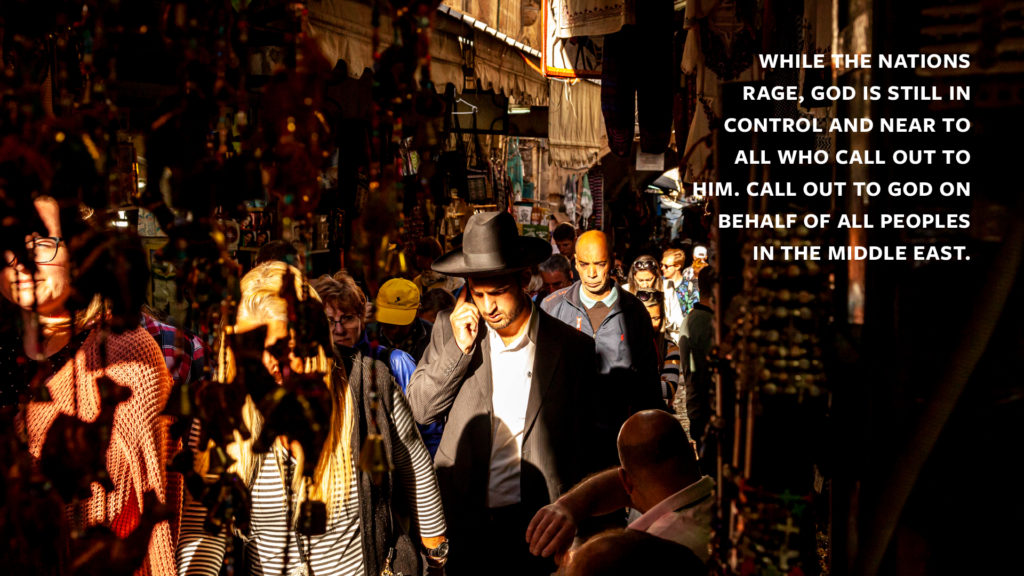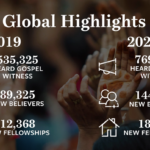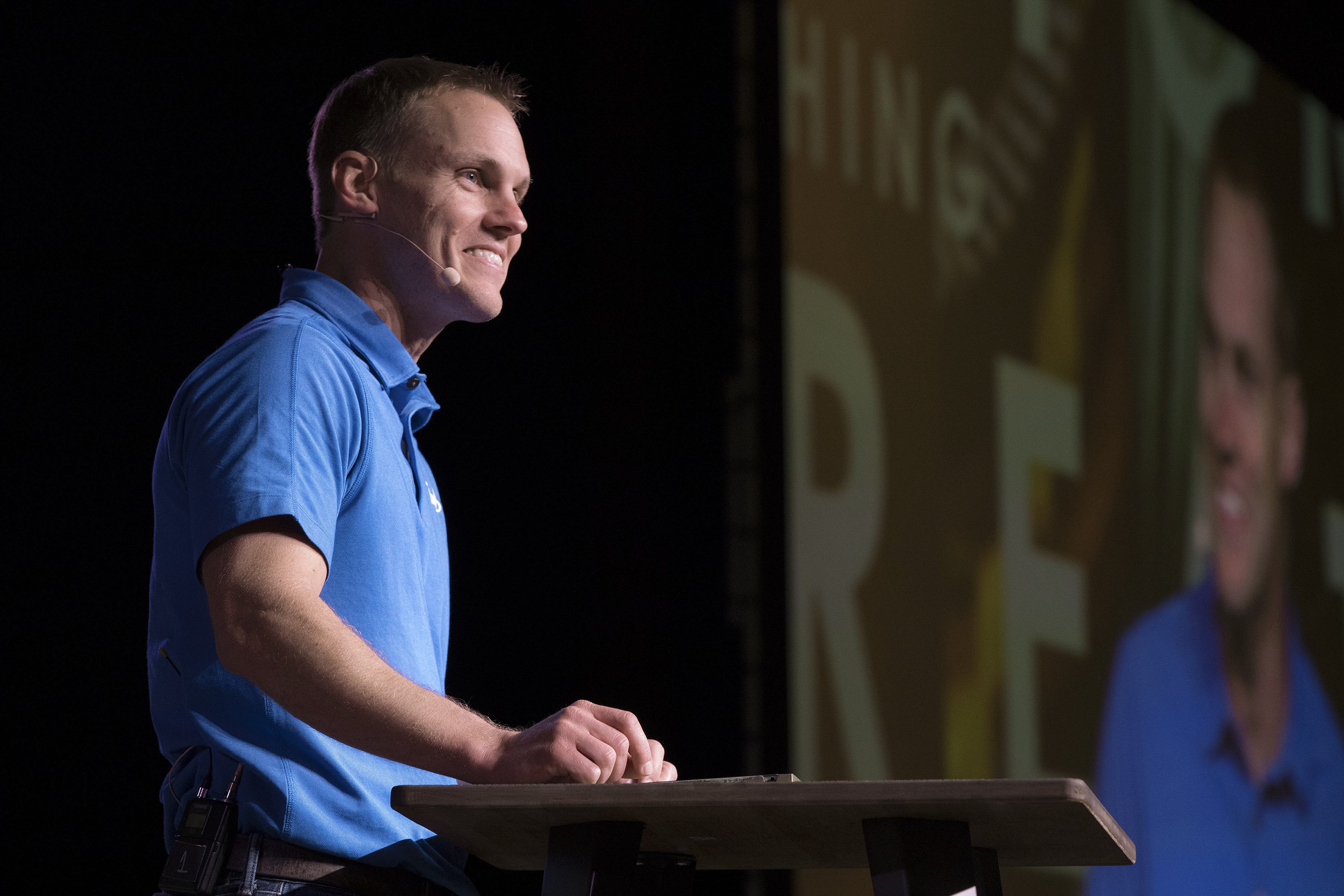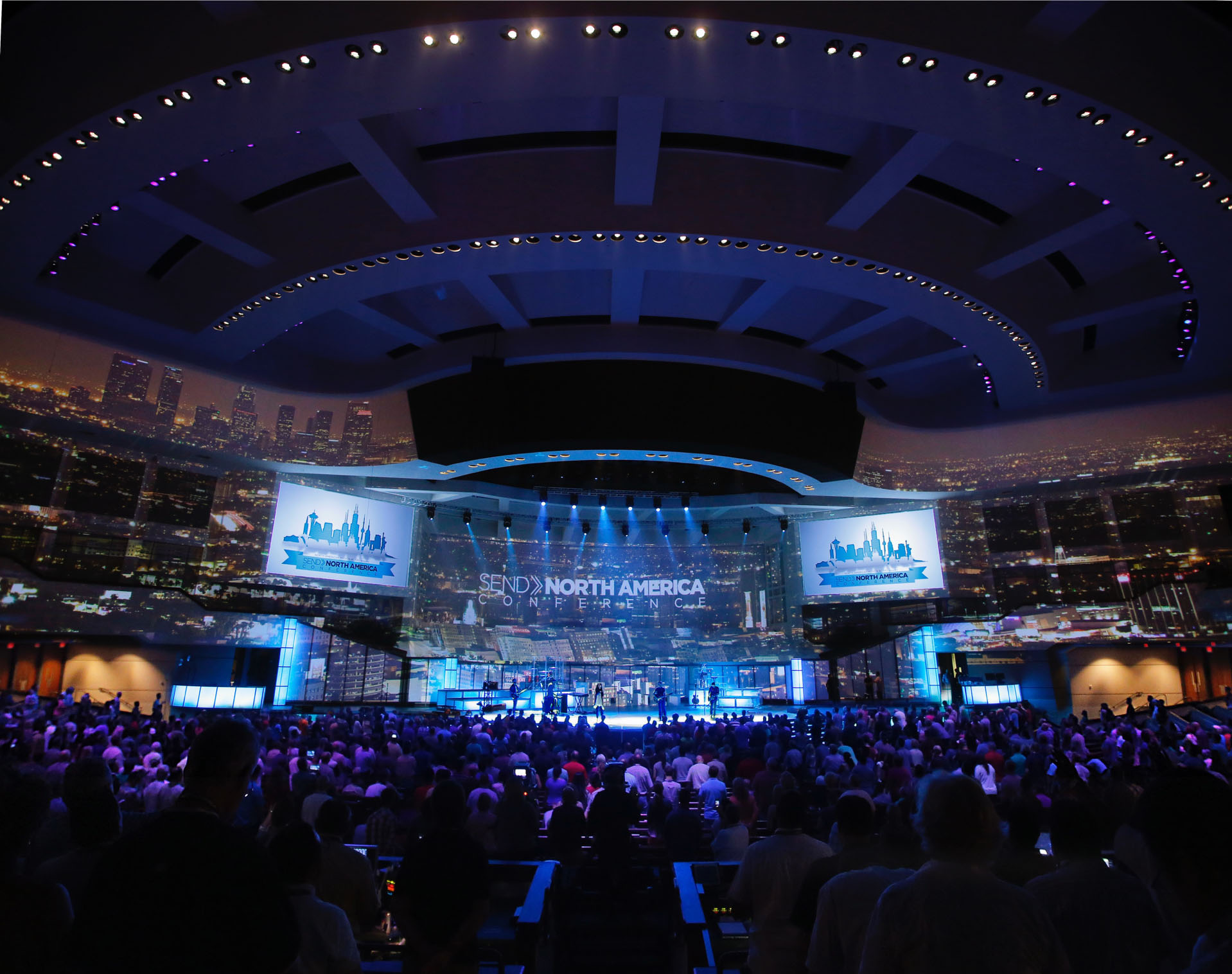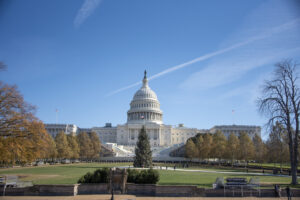
In the silence since the May 20 ceasefire between Israel and Gaza ended 11 days of violence, Baptist workers among Israeli and Palestinians urge churches to look past the politics and see people in need of Jesus.
“We don’t have to choose sides,” says Ben Martin*, a worker in Israel. “This is really about people who need Jesus.
“When people are killed, unless Jesus has changed their hearts, they die and will spend eternity apart from Him.”
While Baptist workers in the region are safe, many have felt the effects and fear that resulted from the 11 days of targeted attacks – another chapter in a long history of conflict – and they grieve with their friends and neighbors.
Martin says it is a complex and complicated situation and that he hopes churches can take a spiritual posture that is consistent with the Gospel – love for all people. He says if Christians don’t guard themselves, “we can begin to hate, and hate is not of God.”
The need for believers to align their hearts with that of God is true for people on both sides of the Gaza strip, echoes Andrew Weir*, who serves among Palestinians.
Weir explains that it’s hard not to show bias toward the people groups among whom God has called them to serve. As Baptist workers, focused on reaching a specific people group, they develop a deep love and concern for their countries of service. But he says they work to keep the mind of Christ and focus on all people in need of the Gospel.
“This is a struggle that those who work in the Middle East must constantly face,” Weir says. “It’s a fight against our own hearts to not bow to politics but let the heart of Jesus transform our minds so we can see the world around us as He does.”
Weir, who is not currently in Gaza, says he has not been able to make contact with his friends in country due to the destruction of communication lines. He is left to wonder and pray, especially for the Gazan church – believers who “yearn for freedom and autonomy but have little hope.” He says his heart breaks for the church inside Gaza, but also for the vast destruction and loss of life.
“Christians across Israel, the West Bank and Gaza are fighting a war against darkness,” Weir explains, speaking to the spiritual oppression in the region. “Yes, there are rockets and fighter planes, soldiers, death, missiles and political rhetoric. But that noise is so loud it often drowns out the real fight against the darkness.”
Martin says that when Israeli believers pray for themselves, “we do not forget to pray for those in Gaza.” Weir says that the church in Gaza remembers this too, and it’s a message the Baptist workers want to emphasize.
“We want to represent the people groups involved as real people, created in the image of God, and not as the political puppets that the world uses to paint the picture of the Palestine-Israel conflict,” Weir says. “We want the church in the U.S. to pray against the darkness and lostness. That is our hearts’ desire.”
Download a guide to pray about the crisis in the Middle East here.
